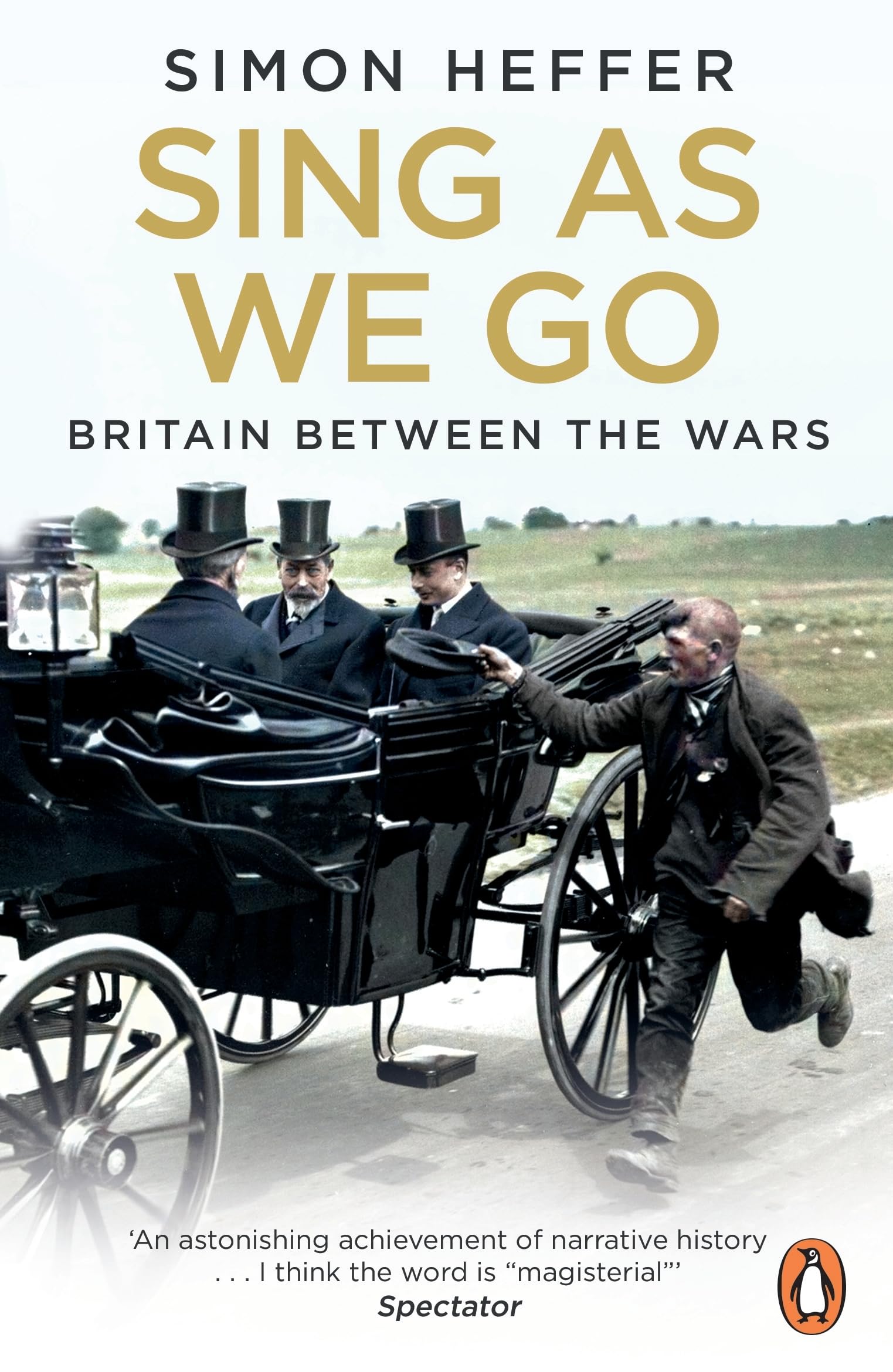Choose any 20 year period in British history and you would consider yourself very unlucky not to come across at least one event of great significance. By choosing the two decades between the end of the first war and the outbreak of the second, Simon Heffer has unearthed a veritable treasure trove. Opening with Peace Day in 1919 and closing with Chamberlain's radio broadcast announcing the declaration of war in 1939, Heffer takes us through the years in brilliant fashion. In 860 highly readable pages we encounter, inter alia, the fallout from the Treaty of Versailles, Irish Home Rule, the first Labour Government, the General Strike, the Wall Street Crash, the Slump and the Great Depression that followed, the Abdication Crisis and the lead up to the declaration of war. Running alongside we have the advent of radio broadcasting and the BBC, the Talkies, the Roaring Twenties, the ubiquity of the motor car and the building of the suburbs and what became Metroland. All these events and much more are brought vividly to life. I found the history of this period as captivating as any fiction; my only complaint was that the book ended before reaching into 1940. Packed with anecdotes and major characters of the time from Gracie Fields whose film gives the book it's title to Winston Churchill, already a towering presence, it's an absolute treat.




